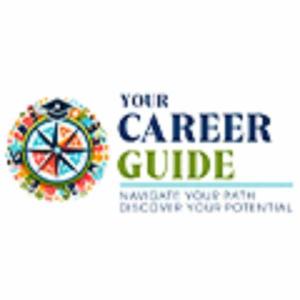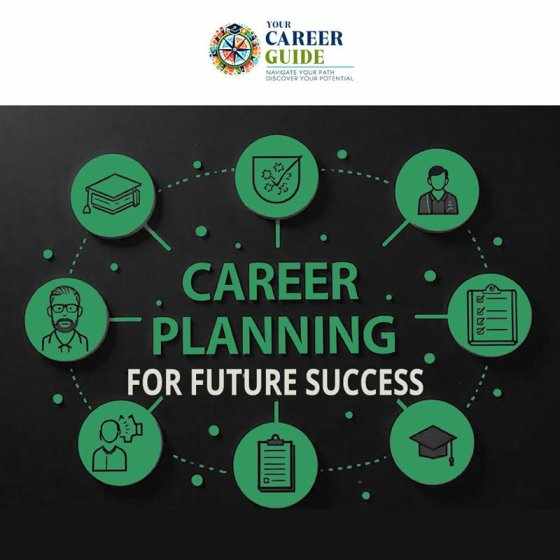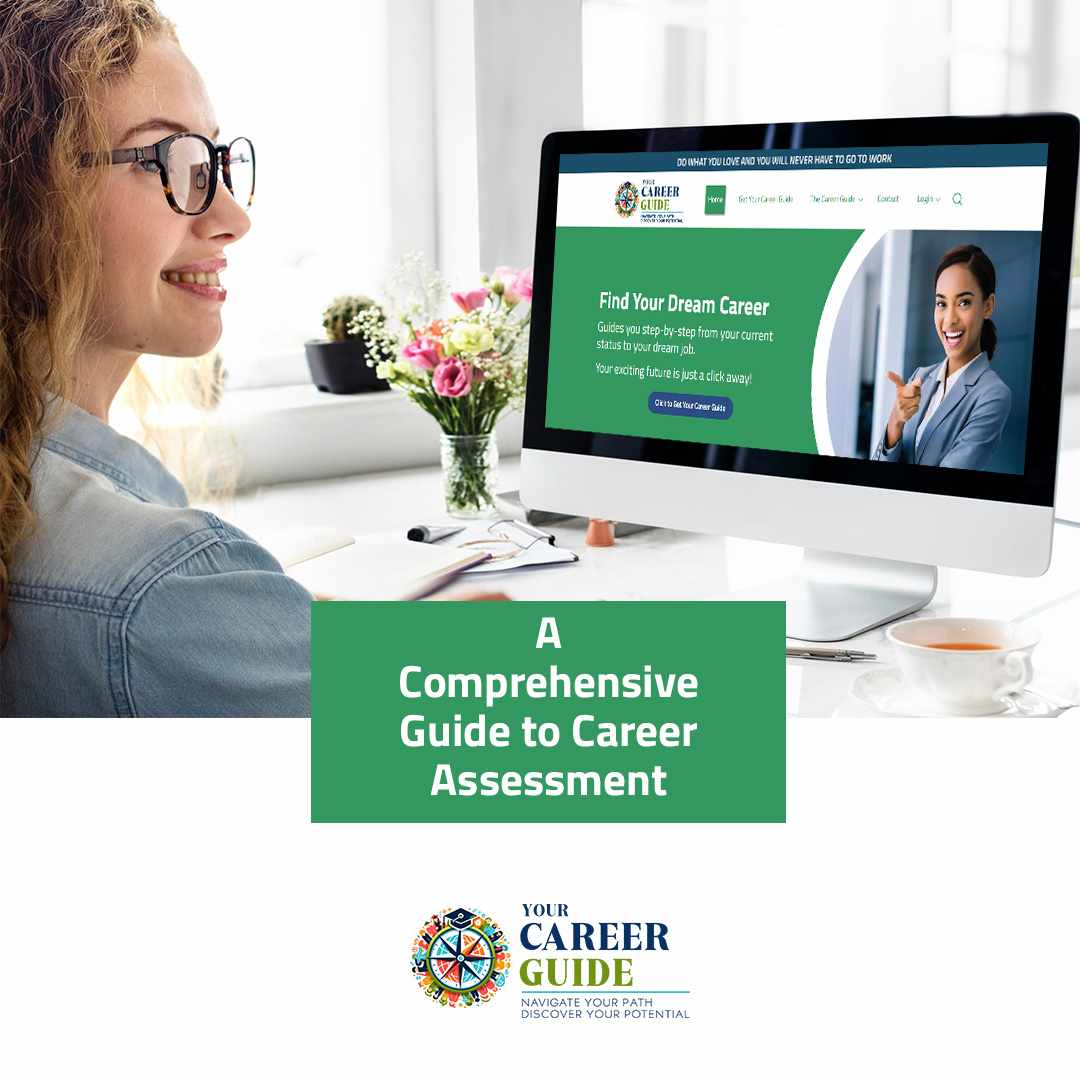
Choosing the right occupation is one of the most critical decisions in life. It sets the foundation for your professional journey and personal fulfillment. A smart occupation choice aligns your skills, interests, and long-term goals, paving the way for success. Let’s explore how career selection, career guides, career planning, and career assessments can help you make informed decisions for a prosperous future.
1. Understand the Importance of Career Selection
Making a thoughtful career choice is the first step toward a fulfilling future. The right occupation should:
Match your personal interests and values.
Leverage your unique strengths and skills.
Provide opportunities for growth and financial stability.
Start by reflecting on what excites you and evaluating careers that align with your passions and goals.
2. Seek Guidance Through Career Guides
A career guide is a valuable resource that provides insights into various professions. These tools offer:
Detailed descriptions of job roles and industries.
Information on required qualifications and skills.
Real-world examples and career paths.
Tip: Utilize online career platforms, books, or professional career coaches to gain a clearer picture of your options.
3. Develop a Career Plan
Career planning helps you map out the steps to achieve your long-term goals. A structured career plan includes:
Short-Term Goals: Identify immediate actions, such as acquiring certifications or internships.
Medium-Term Goals: Focus on building relevant experience and expanding your network.
Long-Term Goals: Aim for advanced roles or entrepreneurial opportunities.
Actionable Step: Write down your goals and regularly evaluate your progress.
Also Read: Changes in Career Development
4. Leverage Career Assessments
Career assessments are designed to identify your strengths, preferences, and potential career paths. These tools analyze factors such as:
Interests: What motivates and excites you.
Skills: Areas where you excel.
Personality Traits: How your natural tendencies align with various careers.
Popular career assessments include:
Myers-Briggs Type Indicator (MBTI)
Strong Interest Inventory
Holland Code Career Test
Tip: Use these assessments as a guide, but pair them with real-world research for a comprehensive view.
5. Evaluate Job Market Trends
While passion is essential, it’s equally important to consider the job market. Research industries that are growing and have high demand for talent. For example:
Technology and artificial intelligence sectors are expanding rapidly.
Healthcare and renewable energy industries are gaining momentum.
Creative roles, such as content creation and design, are in demand.
Actionable Insight: Stay updated with job market trends and adapt your skills accordingly.
6. Gain Practical Experience
Practical experience allows you to explore potential occupations and build essential skills. Some ways to gain experience include:
Internships or apprenticeships.
Volunteering in related fields.
Freelancing or part-time jobs.
This hands-on exposure will help you understand workplace dynamics and determine if a career suits you.
7. Seek Mentorship and Networking Opportunities
Learning from experienced professionals can provide valuable insights and open doors to opportunities. Benefits of mentorship include:
Real-world advice on navigating career challenges.
Networking opportunities within your desired industry.
A clearer understanding of what it takes to succeed.
Pro Tip: Attend industry events, join professional groups, and connect with professionals on LinkedIn.
8. Consider Work-Life Balance
A successful career should complement your personal life. Assess factors like:
Work hours and flexibility.
Job location and commute.
Organizational culture and values.
Prioritize roles that align with your desired lifestyle to maintain a healthy balance.
9. Stay Open to Change
Your first choice might not always be the final one, and that’s okay. Over time, your interests and goals may evolve. Be willing to:
Reassess your career plan periodically.
Pursue additional education or training.
Transition to new roles or industries when necessary.
Conclusion
Making smart occupation choices requires a mix of self-awareness, research, and strategic planning. By leveraging tools like career guides, career assessments, and mentorship, you can align your strengths with opportunities that set you on the path to success. Remember, the journey to a successful career is not linear—embrace flexibility and continuously refine your goals to achieve long-term satisfaction and growth!
Start your career planning today and take the first step toward building a future that truly reflects your potential!








Write a comment ...